Research into Nature-based Solutions (NbS) for managing low flows is advancing globally, however relatively few case studies in the UK exist. Here, we draw on findings from the Glenlivet Distillery case study; a rare UK example of the use of NbS for managing low flows.
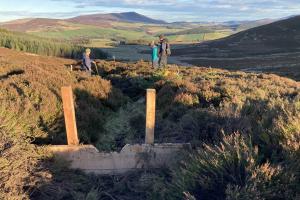
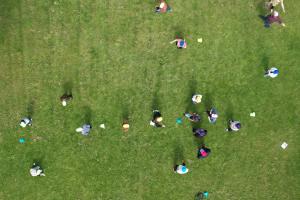
Accompanying the rise of community landownership in Scotland, there has been an increase in research requests placed on specific communities. Our evidence suggests that such requests are becoming unmanageable, especially when respondents see very little benefit from research engagement.
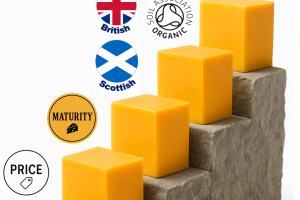
As improving nutritional quality and sustainability can raise production costs, understanding willingness to pay is crucial. This study shows that taste and price are the strongest drivers of UK cheese purchases.

Does producing higher-quality food lead to a price premium in the market? We analysed the impact that a Protected Geographical (PGI) label had on the price and sales of Orkney cheddar, which gained its PGI status in 2013.
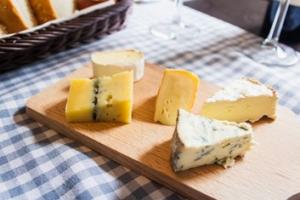
Interviews with key informants in the higher value cheese sector in Scotland revealed that although there was a market for their products, there were multiple barriers to operating their businesses.
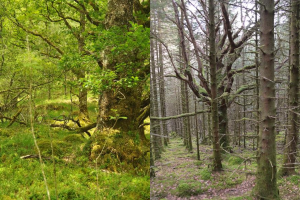
Scottish Atlantic oak woods or temperate rainforest are rare and threatened habitats that support a vast array of biodiversity, particularly lichens and bryophytes.

We explored how source-to-sea (S2S) thinking can strengthen research collaborations and innovation across Scotland.
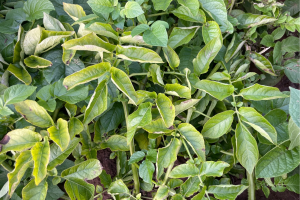
Potato is the second most important food crop in the UK, and the underpinning seed potato industry contributes >£1 billion to Scotland’s economy. Aphid-vectored viruses threaten potato harvests because infected crops are downgraded or destroyed. Historically, Scotland has maintained low vir
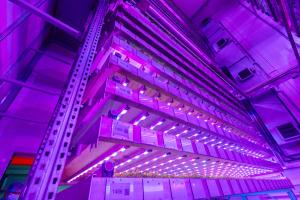
Fluctuating environmental conditions severely impact Scottish crop production affecting crop yields, nutritional quality and food security.
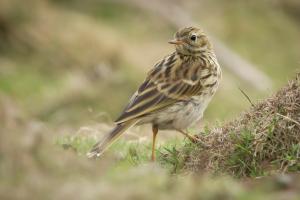
Our ongoing project at Glen Finglas has shown how sensitive biodiversity is to changing upland management. To maintain consistency, we have used the same monitoring methods since the beginning of the project.
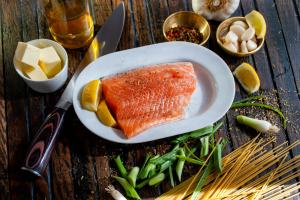
It has been reported that the UK exiting of the European Union (Brexit) has affected salmon industry. Both the volume and value of salmon exported to the EU, which still is the main market for Scottish Salmon, have been impacted.
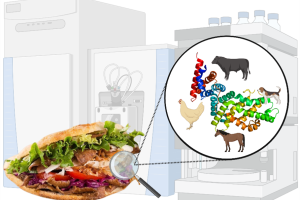
Food fraud costs the UK around £2 billion per year, and improving testing methods is key to tackling this issue. However, current techniques often lack the speed and accuracy needed to detect mislabelled meat products.
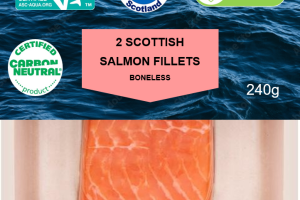
The eco-labels "Farmed Responsibly ASC Certified" and "Certified Carbon Neutral" can potentially enhance the desirability of Scottish salmon among UK consumers.
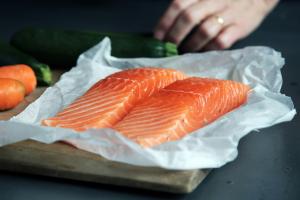
Farmed salmon is one of Scotland’s main exports, benefitting the national economy and local communities.
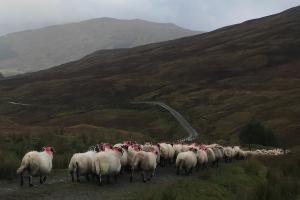
This study was a preliminary investigation into the feasibility of developing a data tool to help drive efficiency in the sheep sector.
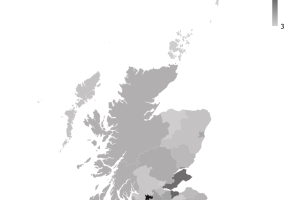
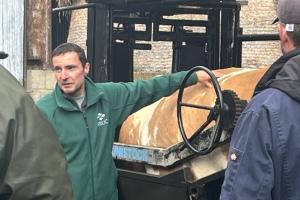
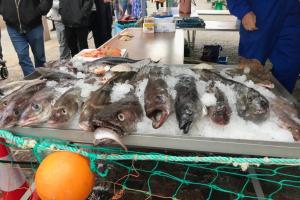
Transforming our diets to build a more sustainable food system is paramount to achieving net zero.
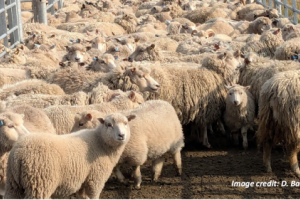
The Shetland Islands are some of the most remote Islands of the UK. Therefore, opportunities for hands-on STEM science and knowledge exchange of cutting-edge research can be challenging due to distance, weather and cost.
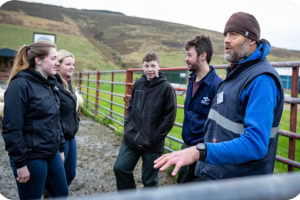
Over the past decade, the European Commission has invested in a series of measures designed to support innovation in agriculture through networking all those involved in Agricultural Knowledge and Innovation System (AKIS): farmers, advisors, supply chain members, NGOs and researchers.